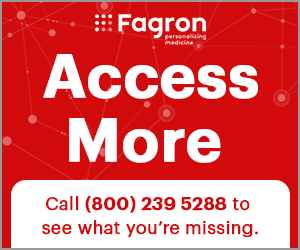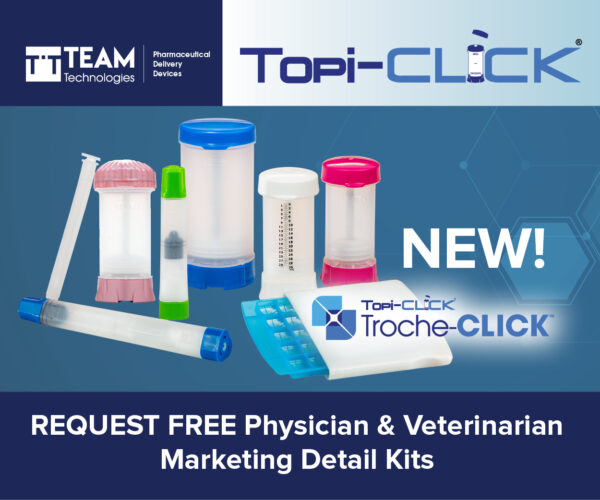
FOR IMMEDIATE RELEASE
Proposed legislation would address drug shortages
ALEXANDRIA, Va. (June 7, 2021) — A bipartisan bill aimed at confronting pervasive drug shortages — like those hospitals and clinics experienced during the pandemic — was introduced in the U.S. House of Representatives this week.
Sponsored by House Energy and Commerce Committee members Henry Cuellar (D-TX) and Morgan Griffith (R-VA), The Patient Access to Urgent-Use Pharmacy Compounding Act of 2021 (H.R. 3662) would create a permanent regulatory pathway for 503A compounding pharmacies to prepare and source urgent-use and shortage drugs to hospitals and physician offices when the drugs are unavailable from manufacturers or 503B outsourcing facilities.
“During the worst of the pandemic, the drug supply chain failed to function in a way that assured that hospitals and clinics had the drugs they needed to treat the most seriously ill COVID-19 patients,” said Alliance for Pharmacy Compounding president Michael Blaire of Scottsdale, Arizona. “Hospitals in particular found themselves pleading with manufacturers, suppliers, other health systems, the FDA, 503B outsourcing facilities, and compounding pharmacies for medications to keep those COVID-19 patients alive.”
In the midst of that crisis, in consultation with APC and other industry groups, FDA promulgated temporary guidance allowing 503A pharmacies to compound and provide to hospitals 13 COVID medications that were in severe shortage, when those drugs could not be acquired from manufacturers or 503B outsourcing facilities. The temporary guidance articulated rigorous guardrails for assuring regulatory oversight of the 503A pharmacies compounding under the temporary guidance.
“That FDA temporary guidance remains in effect, but we expect it to be withdrawn soon, as the pandemic subsides,” Blaire said. “But the problem of drug shortages will surely persist — and as many physicians will tell you, it extends well beyond those 13 COVID drugs authorized under that temporary guidance document.”
APC worked with Reps. Cuellar and Griffith on H.R 3662, Blaire said. The bill will create a permanent path for 503A pharmacies to provide urgent-use and shortage drugs to hospitals and physicians under strict regulatory guidelines.
The bill is based loosely on FDA’s Temporary Policy for Compounding of Certain Drugs for Hospitalized Patients by Pharmacy Compounders not Registered as Outsourcing Facilities During the COVID-19 Public Health Emergency, in which the FDA acknowledges:
- The value of 503A compounding in addressing shortages of critical drug products.
- That urgent patient need should outweigh prescription requirements for 503A compounding, provided that regulatory safeguards are in place.
Urgent Use
Physician organizations have noted that the requirement to have a patient-specific prescription for an urgent patient need in-clinic may delay or hamper care. For instance, ophthalmologists require an inventory of anti-bacterial, anti-fungal, and anti-viral compounded medications to treat eye-infections in immediate if not emergent circumstances. Any delay in providing the medication can result in patient harm.
Thus, in limited circumstances — when those drugs are unavailable from the manufacturer or a 503B outsourcer — the legislation would allow 503A entities to compound the medications without having a patient-specific prescription, just as the FDA temporary guidance allows for certain COVID drugs. However, the legislation would require that within a set timeframe the compounding pharmacy link the specific patient’s information, provided by the physician after the fact, with the particular compounded medication provided to the clinic.
Drug Shortages
With respect to drug shortages, the FDA has noted that it was using its enforcement discretion with respect to the “essentially a copy” requirements of the Drug Quality & Security Act, provided that certain conditions are met (i.e., those contained in the temporary guidance document). The proposed legislation would codify that flexibility, while also expanding the definition of drug shortage to include not only the FDA’s definition of drug shortage but also American Society of Health System Pharmacists’ drug shortage list. The ASHP list encompasses local and regional (not just national) shortages. As with urgent need, under certain circumstances the patient-specific requirement would need to be waived, while putting into place additional safeguards.
Blaire says APC and its partners will be working with Reps Cuellar and Griffith to recruit additional sponsors of H.R. 3662.
“Every day we hear of physician specialists who are unable to source certain urgent-use drugs in their clinics,” Blaire said. “We hear of hospitals that can’t access the medications they need for a range of patients. When that happens, care must often be delayed, putting patients at risk. H.R. 3662 will help address those situations, assuring patients get the medications they need when they need them.”
###
The Alliance for Pharmacy Compounding is the voice for pharmacy compounding, representing compounding pharmacists and technicians in both 503A and 503B settings, as well as prescribers, educators, students, researchers and suppliers. Compounding exists for patients and animals who are not served by traditional pharmaceutical manufacturers. Every day, APC members play a critical, often life-or-death role in patients’ lives, creating essential medications unavailable elsewhere for a range of health conditions, including autism, oncology, dermatology, ophthalmology, pediatrics, women’s health, animal health, and others. Learn more at a4pc.org.
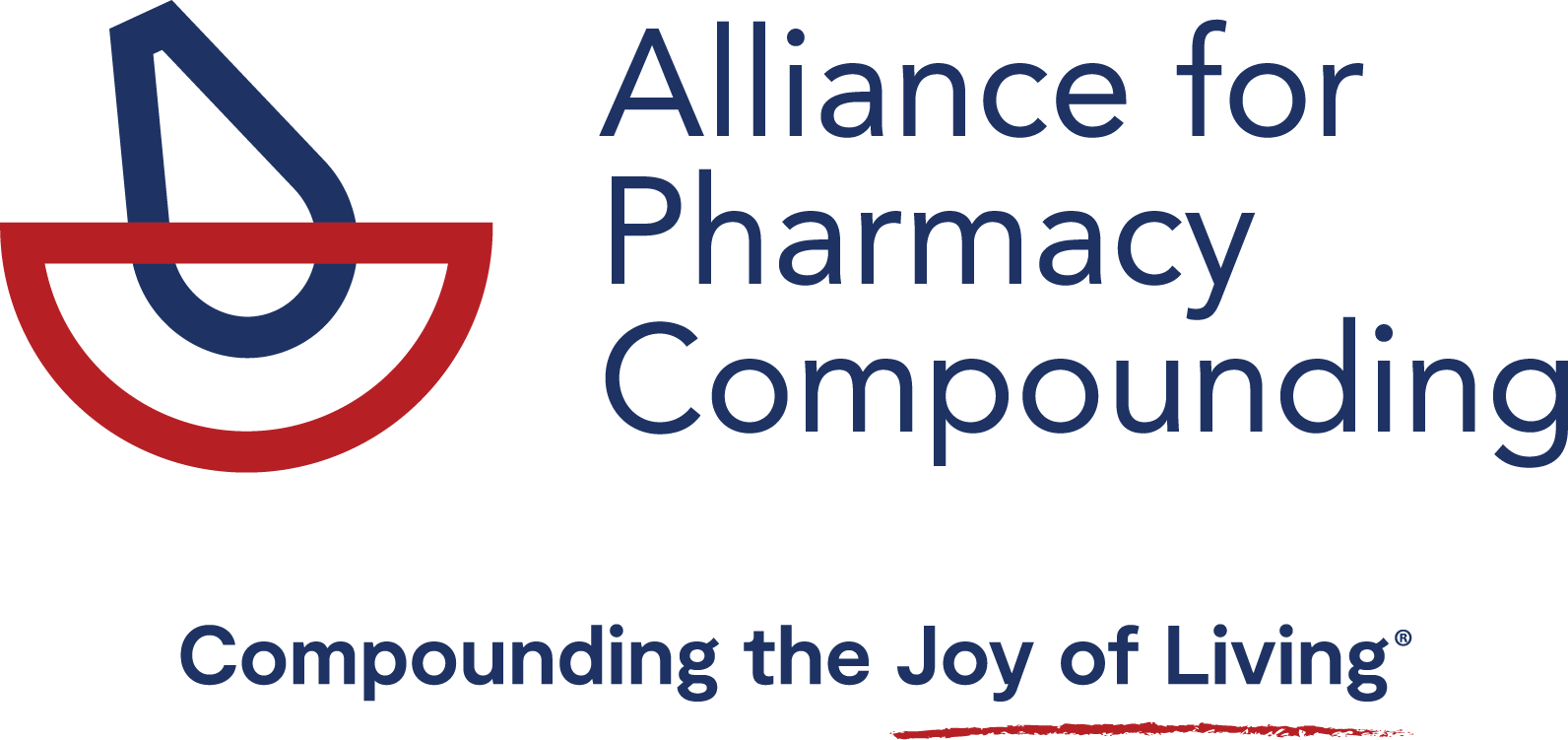



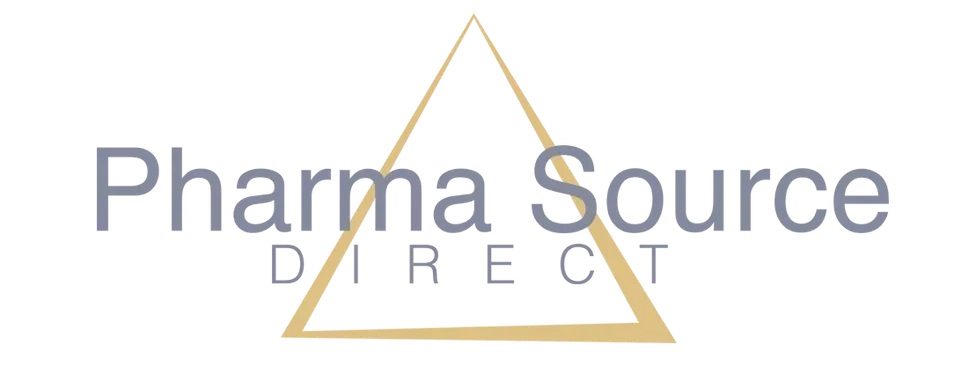


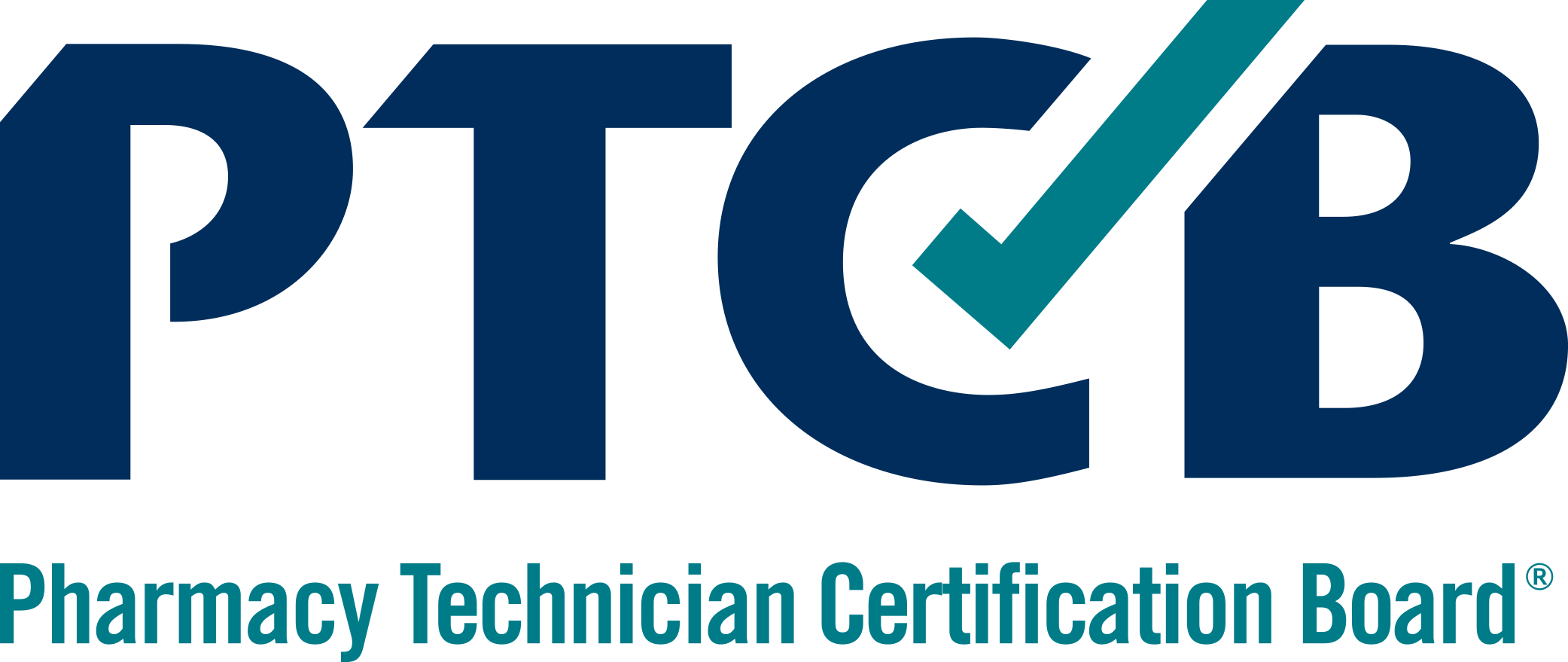





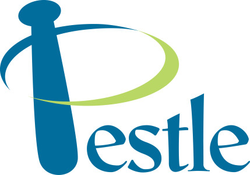
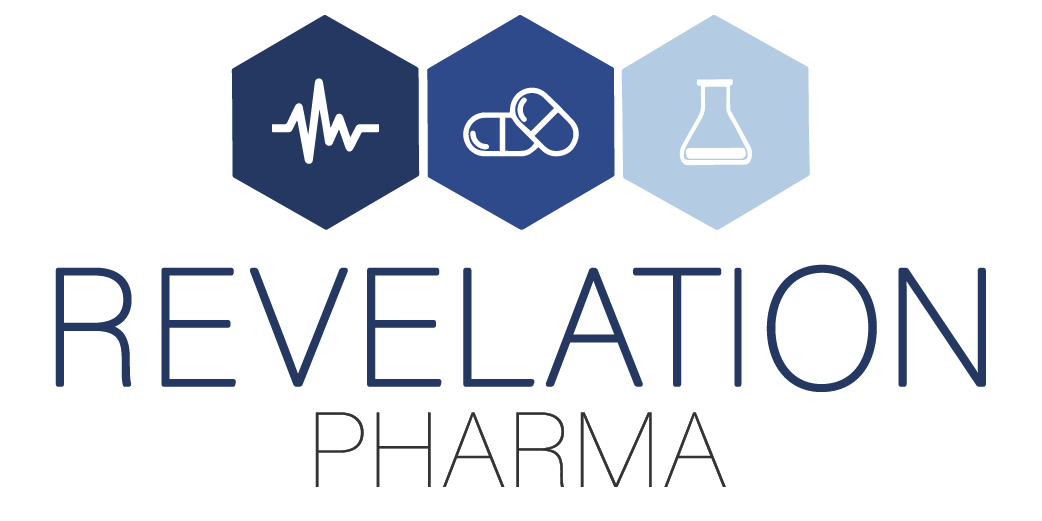

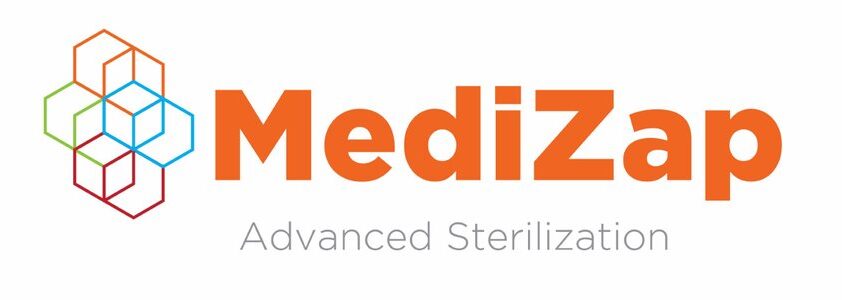








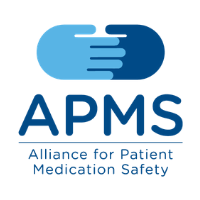

![Topi-CLICK a Division of TEAM Outlines[1]](https://a4pc.org/files/Topi-CLICK-a-Division-of-TEAM-Outlines1.png)



